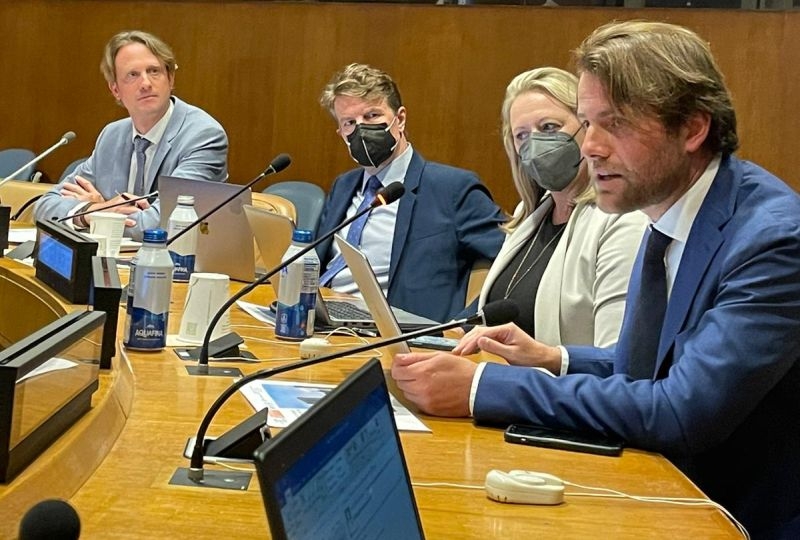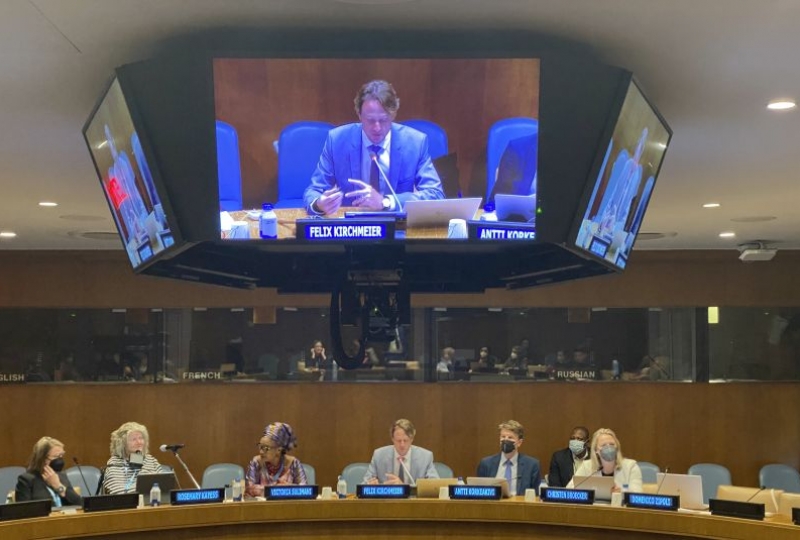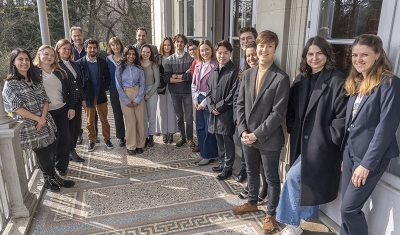The GHRP attended the opening and the public sessions of the Annual Meeting of TB Chairpersons, including two sessions specific to the 2020 TB review, including presentations by stakeholders on the follow-up given to these recommendations and on the progress made on TBs’ alignment of working methods and practices.
‘We contributed to the discussions by sharing our findings under the different TB procedures, including on the predictable schedule of reviews as well as on the possible establishment of an inter-Committee structure with a coordinated working methods agenda for all treaty bodies’ says Dr Zipoli, GHRP Project Coordinator.
The GHRP also attended the TB Chairs’ consultation with NHRIs and civil society, advising on recommended next steps for TBs and recalling its continued support to the 2020 review process through a number of dedicated activities including research and the piloting of new procedures (the focused review pilot series) and opportunities for inter-Committee cooperation (the TB Members Platform and its digital version, the TB Members Platform 2.0).











